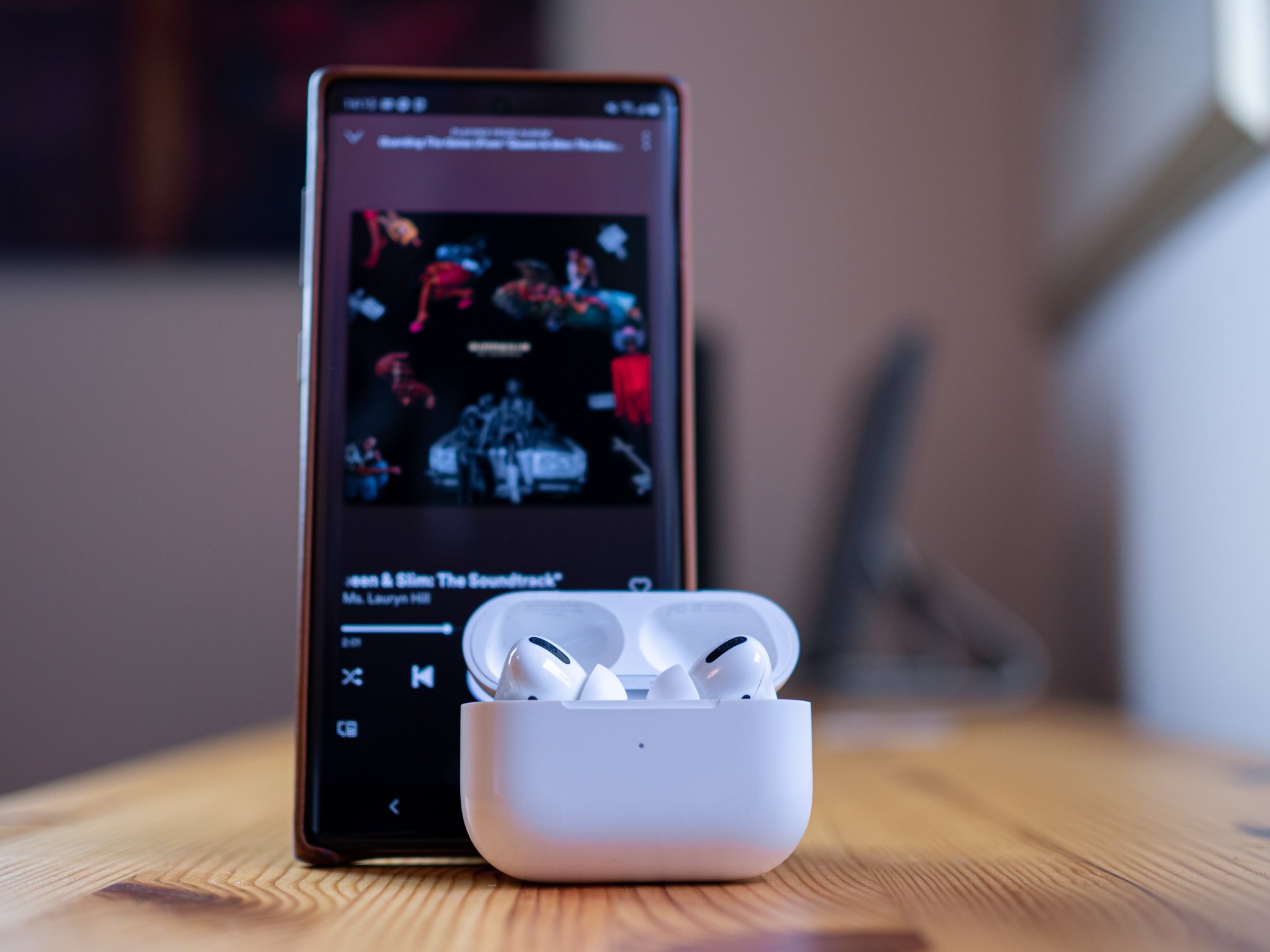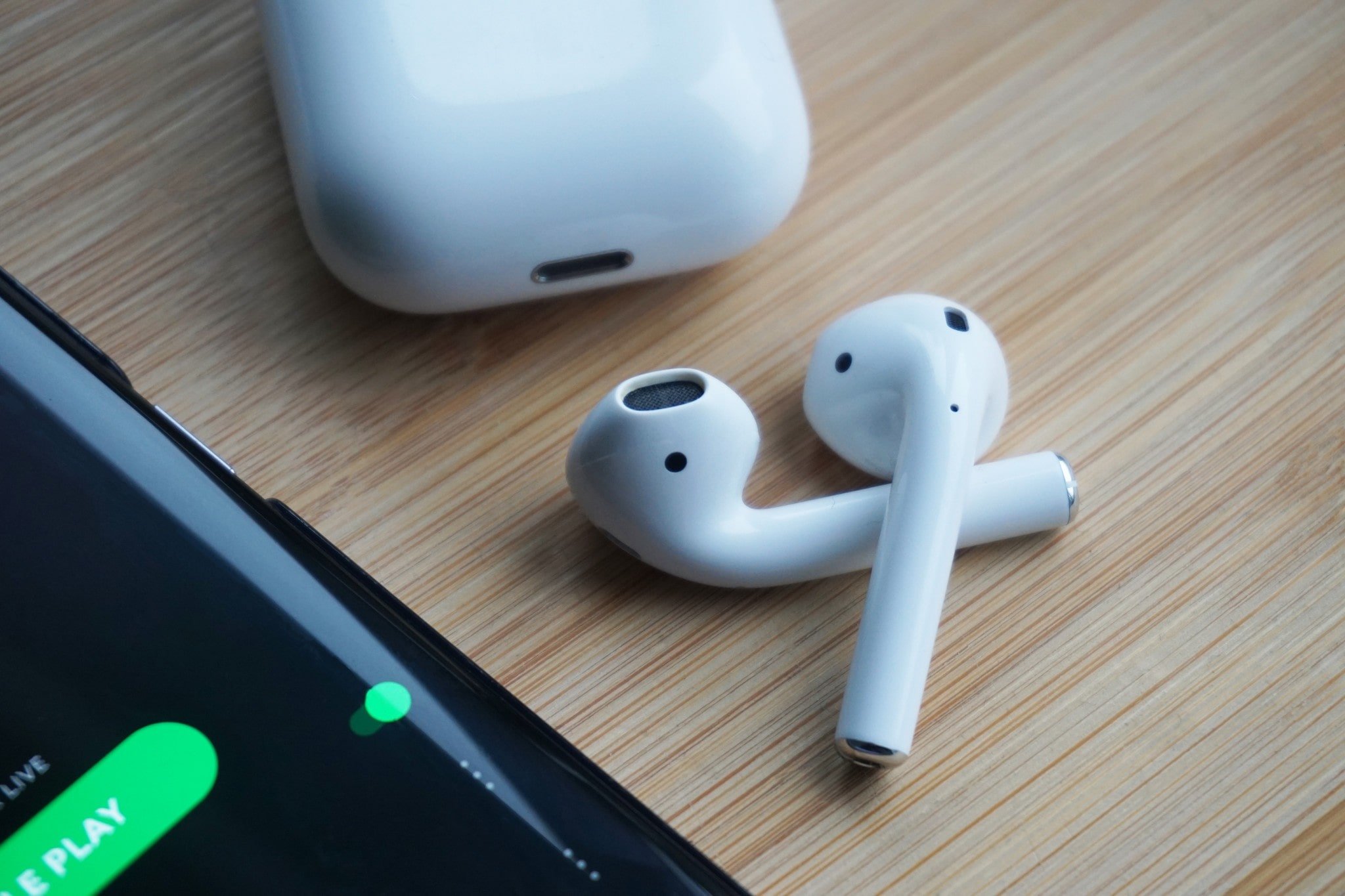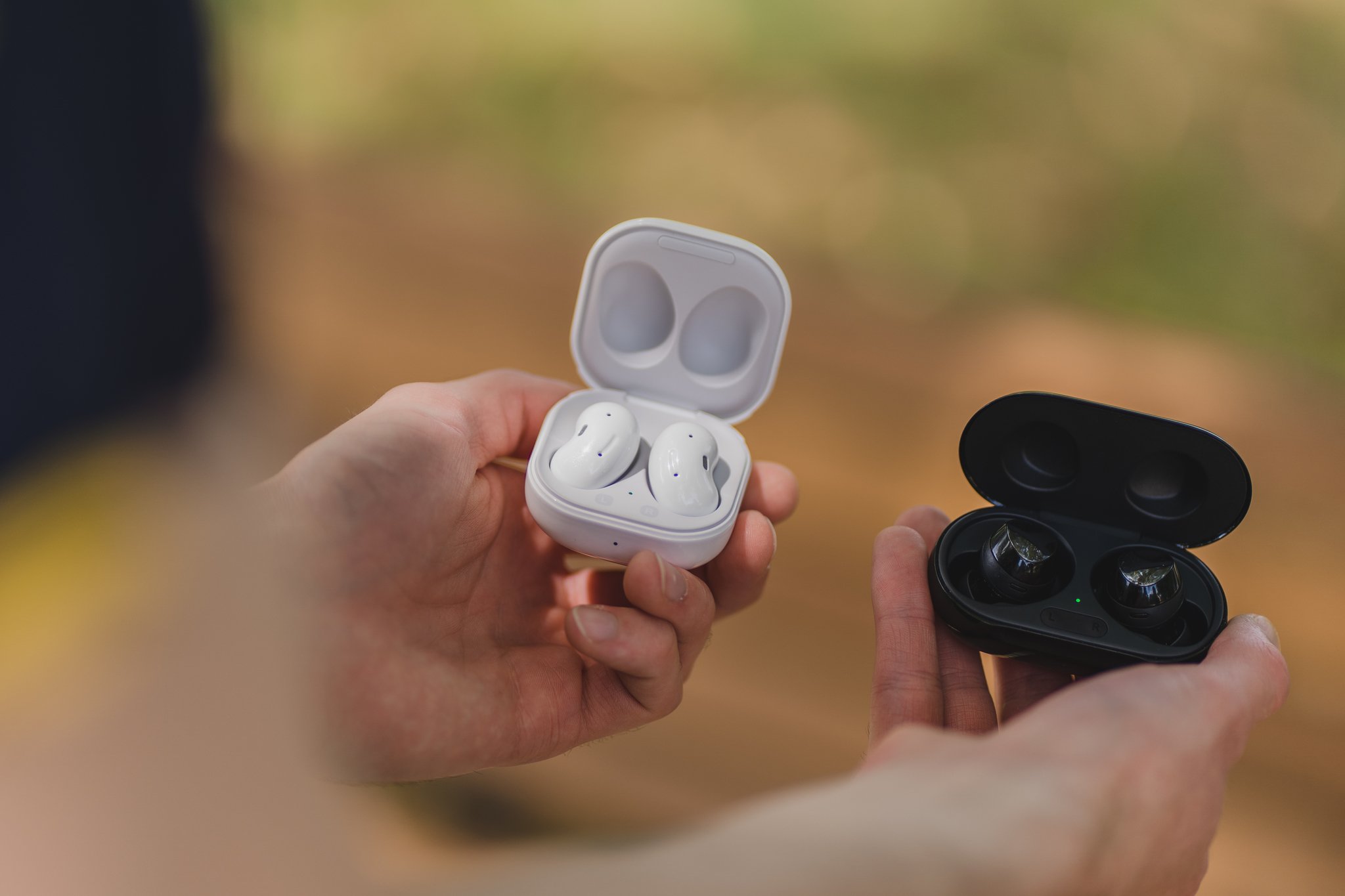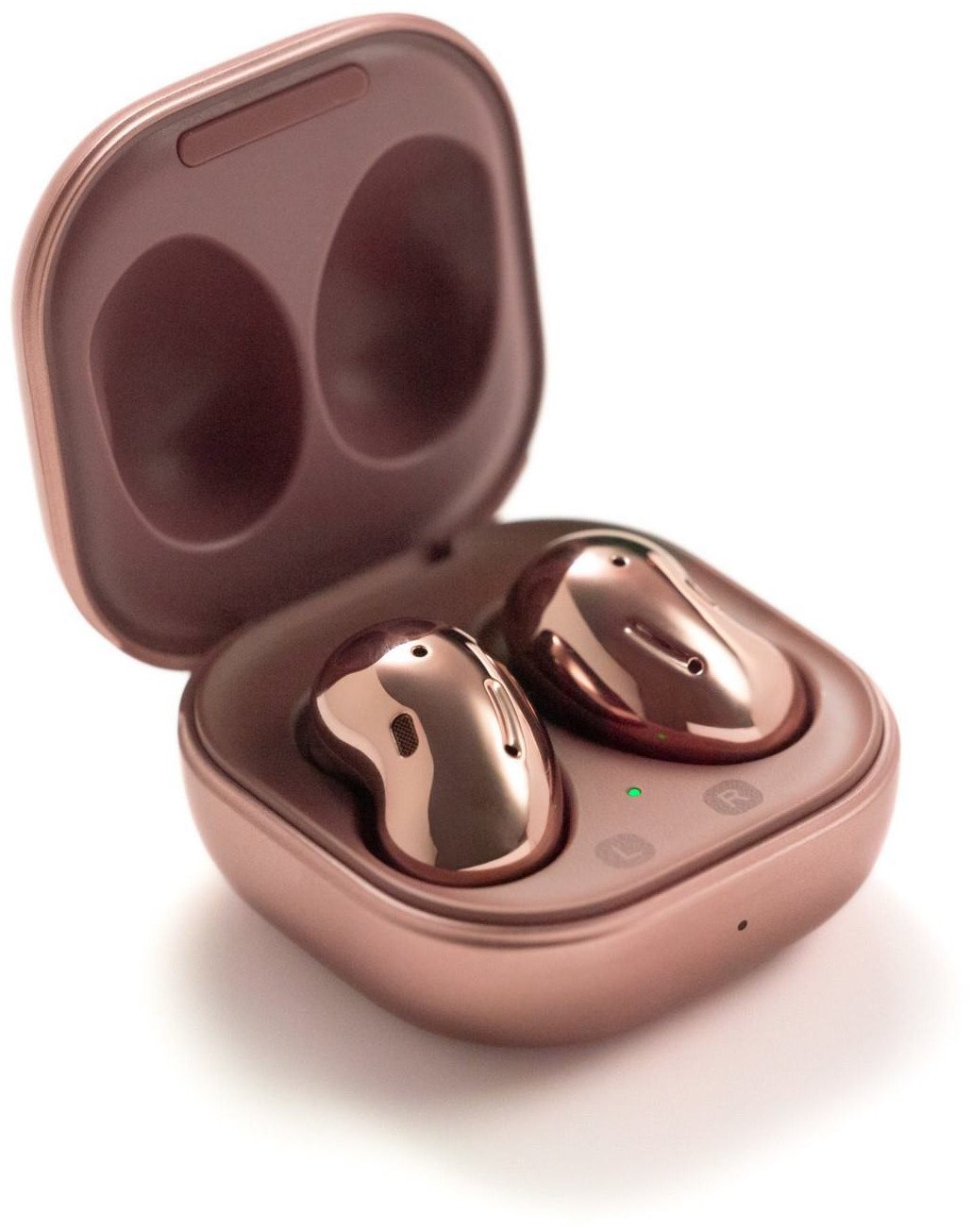Yes, no, maybe so.
It's safe to say that true wireless earbuds are only as popular as they are thanks to the massive success of Apple's AirPods. First unveiled back in 2016, it didn't take long for AirPods to become a worldwide phenomenon. The Q-tip design was made fun of endlessly, and people scoffed at the $160 price tag, but Apple reportedly sold over 60 million AirPod units in 2019 alone.
The big draw to AirPods is how seamlessly they work with other Apple devices, and while that's great if you live in the Apple ecosystem, plenty of people do not. There are more than 2.5 billion Android devices on the planet, and if you're among the individuals that have an Android smartphone, chances are you've considered picking up a pair of AirPods even though you don't have an iPhone.
You can technically use AirPods with Android devices, but is that an experience that's worth it? It's time to settle that question once and for all.
The perks of using AirPods with an Android phone
This is a multi-faceted question, so let's start with the positives. Whether you get AirPods or AirPods Pro, they both act as regular Bluetooth earbuds when used with an Android phone. You put them into pairing mode, select them from your list of Bluetooth devices, and you can start using them as you would any other wireless headphones/earbuds.
You'll get the same sound quality and battery life that you get with an iPhone, meaning the core experience is mostly the same. Put the AirPods in your ears, pick a song or podcast to listen to, and you can enjoy your audio wherever you go.
The regular AirPods are fairly basic earbuds that have a one-size-fits-all design. It works for some people just fine, but others have a very difficult time getting a comfortable fit with them. AirPods Pro offer customizable ear tips to ensure you get a snug fit, along with improved audio and active noise cancellation.
Also, as vain as it may sound, there's just something about owning and using AirPods. Everyone knows what they are, they're instantly recognizable as an Apple product, and some people may like having that brand associated with them even if they prefer using Android over an iPhone.
Where the AirPod and Android relationship falls apart
Using AirPods with an Android phone is a fine experience, but the fact of the matter is that you lose a lot of the magic that makes them so great in the first place. AirPods were designed to be used with an iPhone, and this is readily apparent once you realize how stripped down the experience really is when they're connected to something other than an Apple device.
For starters, you don't get the automatic pairing feature that made AirPods so iconic in the first place. When you open a case of AirPods near your iPhone, iOS automatically recognizes them and pairs them instantly. This feature doesn't work at all on Android, meaning you need to manually pair AirPods with your device every single time you use them. On its own, this is reason enough to ignore AirPods as an Android user.
There's also the fact that AirPods charge via Apple's Lightning cable, which is a type of cable that most Android users likely don't deal with at all. Sure, you get a Lightning cable included in the box with your AirPods, but that means having another cable type to deal with for just one device.
If we're looking at AirPods Pro, specifically, you're going to miss out on the auto-pause/play feature that stops and starts music automatically when you take AirPods in and out of your ears. It's a super handy feature to have, but if you use AirPods Pro with an Android phone, it just doesn't work at all.
AirPods are popular, but there are tons of other options out there
This is all made worse for AirPods when you consider something else — all of the endless alternatives that exist for Android users. AirPods were the catalyst for true wireless earbuds, and since their initial release, company after company has released its own take on the form factor. Some of these have been bad, but there are plenty of others that are outstanding.
A perfect example of this are the TOZO T6 earbuds. They may look like a shameless ripoff of AirPods at first glance, but they're among the best wireless earbuds you can buy for under $50. They have pretty decent, bass-heavy audio, excellent battery life, Qi wireless charging, and an impressive IPX8 water-resistance rating. Plus, they work exactly the same, whether you have an Android phone or an iPhone.
If you're looking for something a bit more premium, there are Samsung's Galaxy Buds Live (more commonly referred to as the Galaxy Beans). The Buds Live sound excellent, have active noise cancellation, reliable battery life, and come with tons of useful software features through the Galaxy Wearable app — which is available for Android and iOS.
AirPods and AirPods Pro are solid earbuds in their own right, and when used with an iPhone, offer a user experience that you just can't get anywhere else. However, when you strip those iPhone-exclusive goodies away, they're not all that special. You can spend the same or less money for vastly better earbuds in most regards, and if you use Android, it just makes sense to go with any one of those many alternatives.
Better than AirPods
Samsung Galaxy Buds Live
$170 at Amazon $170 at Best Buy $170 at B&H
Android's answer to Apple's buds
The Samsung Galaxy Buds Live check just about all of the boxes for high-quality earbuds. They're incredibly comfortable and easy to wear, sound fantastic, have great battery life, and are easy to take with you wherever you go. The Buds Live are made even better when you factor in the companion app, which can be used to change your EQ settings, enable/disable active noise canceling, and find your earbuds if you happen to lose them.





0 Response to "You Can See More: Are AirPods a good earbud choice for Android users?"
Post a Comment